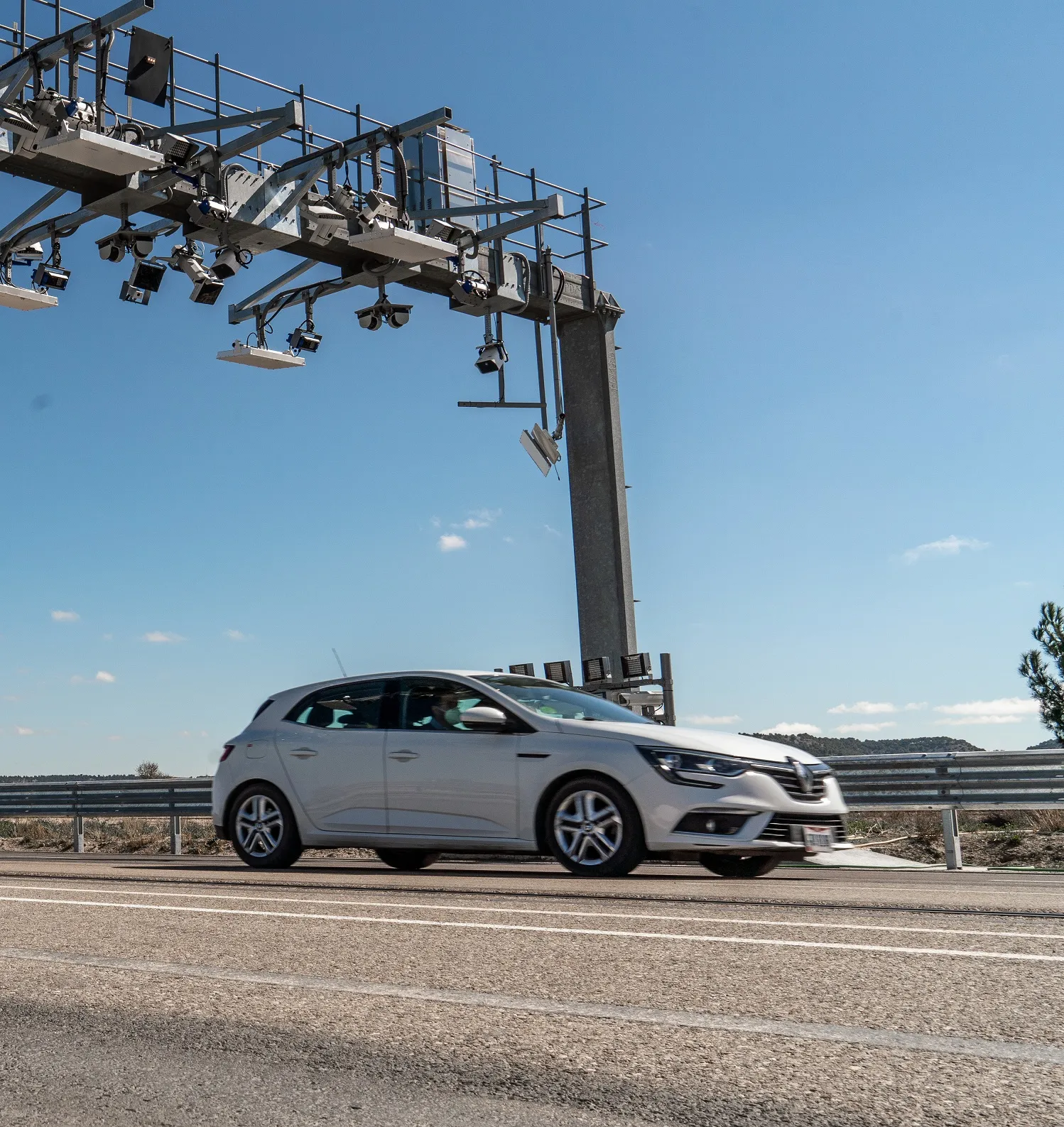In two contracts totalling US$13.5 million, Spanish consulting and technology provider Indra is to equip Metro Manila, the Philippines’ main metropolitan region, with more than 11 million residents, with its urban traffic control system. The company will also upgrade the toll collection system for the 90 kilometre long Manila North Luzon Expressway (NLEX), one of the most important motorways in the Philippines, carrying more than 160,000 vehicles each day. For the urban traffic control project, in a consort
April 8, 2013
Read time: 2 mins
In two contracts totalling US$13.5 million, Spanish consulting and technology provider 509 Indra is to equip Metro Manila, the Philippines’ main metropolitan region, with more than 11 million residents, with its urban traffic control system.
The company will also upgrade the toll collection system for the 90 kilometre long Manila North Luzon Expressway (NLEX), one of the most important motorways in the Philippines, carrying more than 160,000 vehicles each day
For the urban traffic control project, in a consortium with the Philippine company Meralco Industrial Engineering Services Corporation (Miescor), Indra will create and equip the control centre, enabling it to manage more than 500 intersections, renew the traffic signal facilities of 85 priority intersections and install a surveillance system equipped with 25 traffic control cameras.
The solution, based on Indra's Hermes system, will continuously monitor the traffic and control sub-systems in real time, and analyse and consolidate information for decision making, enabling operators to optimise vehicle flows, increase road safety and reduce travel times, costs and environmental impact.
Indra will work with533 EGIS Projects Philippines to upgrade the NLEX’s 166 toll lanes, including manual lanes, electronic tolls, mixed and automatic tolls, as well as the new technology for the control centre, the back office system and the video surveillance system for all the lanes. The new TCS will be designed to suit the specific requirements of motorists and transport groups and thus allow more variety in payment options.
When completed, the new TCS will improve toll payment transactions and is expected to reduce queues at the lanes to almost zero.
The company will also upgrade the toll collection system for the 90 kilometre long Manila North Luzon Expressway (NLEX), one of the most important motorways in the Philippines, carrying more than 160,000 vehicles each day
For the urban traffic control project, in a consortium with the Philippine company Meralco Industrial Engineering Services Corporation (Miescor), Indra will create and equip the control centre, enabling it to manage more than 500 intersections, renew the traffic signal facilities of 85 priority intersections and install a surveillance system equipped with 25 traffic control cameras.
The solution, based on Indra's Hermes system, will continuously monitor the traffic and control sub-systems in real time, and analyse and consolidate information for decision making, enabling operators to optimise vehicle flows, increase road safety and reduce travel times, costs and environmental impact.
Indra will work with
When completed, the new TCS will improve toll payment transactions and is expected to reduce queues at the lanes to almost zero.










